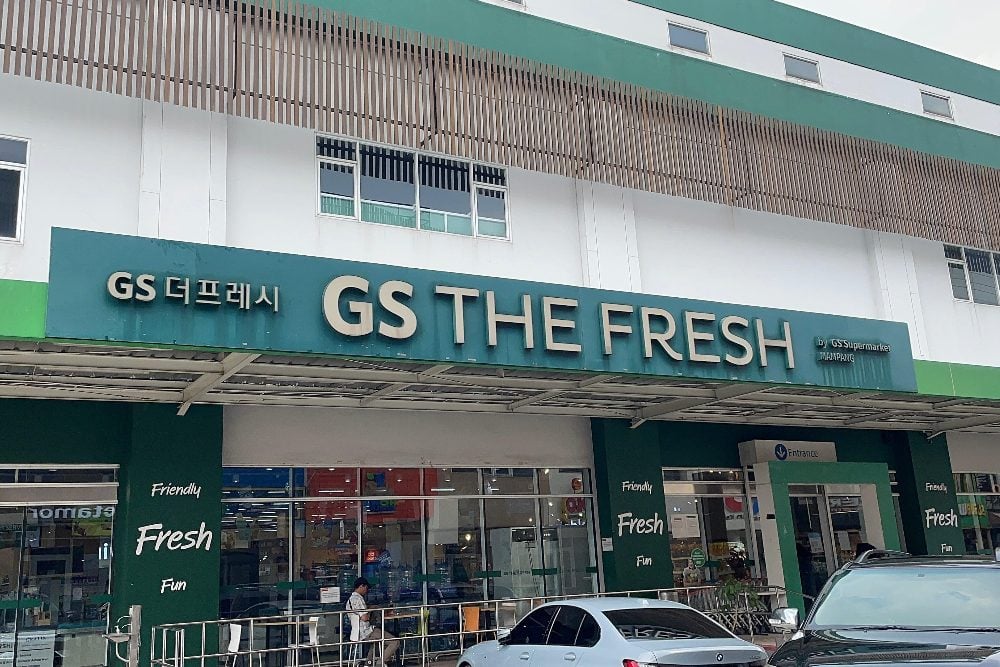The retail landscape in Indonesia is undergoing a significant transformation, marked by the recent closures of prominent players like GS Supermarket and Lulu Hypermarket. These developments underscore a broader trend of modern retail decline in Indonesia, prompting industry stakeholders to reevaluate strategies and adapt to changing consumer behaviors.
GS Supermarket's Exit from the Indonesian Market
GS Supermarket, a South Korean retail chain, announced the closure of all its Indonesian outlets by the end of May 2025. The decision was influenced by various factors, including intense competition, shifting consumer preferences, and operational challenges. Despite efforts to establish a foothold in the Indonesian market since its inception in 2016, GS Supermarket struggled to maintain profitability and market share. The company's exit reflects the broader challenges faced by foreign retailers in adapting to local market dynamics.
Lulu Hypermarket's Withdrawal and Its Implications
Lulu Hypermarket, a Middle Eastern retail giant, also ceased operations in Indonesia, closing its outlets by April 2025. The chain, which entered the Indonesian market in 2016, faced difficulties in sustaining its business amidst changing consumer behaviors and increasing competition. The closure of Lulu Hypermarket highlights the complexities of operating in Indonesia's diverse and rapidly evolving retail sector.
Factors Contributing to the Modern Retail Decline in Indonesia
Several key factors have contributed to the modern retail decline in Indonesia:
- E-commerce Growth: The rise of online shopping platforms has significantly impacted traditional brick-and-mortar retailers. Consumers increasingly prefer the convenience and variety offered by e-commerce, leading to decreased foot traffic in physical stores.
- Changing Consumer Preferences: Modern consumers prioritize convenience, personalized experiences, and value for money. Traditional retailers often struggle to meet these evolving expectations, resulting in a loss of customer loyalty.
- Operational Challenges: High operational costs, including rent, labor, and inventory management, pose significant challenges for physical retailers. These costs can erode profit margins, especially when coupled with declining sales.
- Intense Competition: The Indonesian retail market is highly competitive, with numerous local and international players vying for consumer attention. This saturation makes it difficult for retailers to differentiate themselves and maintain profitability.
- Regulatory Hurdles: Navigating Indonesia's regulatory environment can be complex, particularly for foreign retailers. Compliance with local laws and regulations requires significant resources and expertise.
The Future of Retail in Indonesia
The closures of GS Supermarket and Lulu Hypermarket serve as a wake-up call for the retail industry in Indonesia. To thrive in this changing landscape, retailers must embrace innovation, adapt to consumer preferences, and leverage technology to enhance the shopping experience. Strategies may include:
- Omnichannel Integration: Combining online and offline channels to provide a seamless shopping experience.
- Personalized Marketing: Utilizing data analytics to understand customer behavior and tailor marketing efforts accordingly.
- Operational Efficiency: Implementing cost-effective practices to streamline operations and improve profitability.
- Customer Engagement: Fostering strong relationships with customers through loyalty programs and exceptional service.
By adopting these strategies, retailers can better position themselves to navigate the challenges of the modern retail landscape in Indonesia.
Conclusion
The modern retail decline in Indonesia, exemplified by the closures of GS Supermarket and Lulu Hypermarket, reflects the dynamic nature of the retail industry. As consumer behaviors continue to evolve, retailers must remain agile and responsive to stay competitive. Embracing innovation, understanding local market nuances, and prioritizing customer satisfaction will be crucial for success in Indonesia's retail sector moving forward.
Read More






 Thursday, 12-02-26
Thursday, 12-02-26







